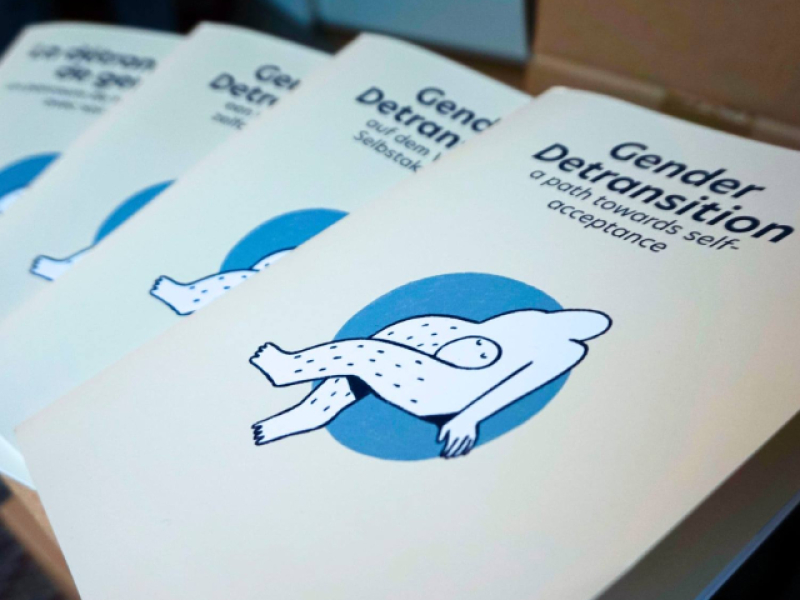
A coalition of individuals who have chosen to detransition took to social media over the weekend to celebrate Detrans Awareness Day and share their unique stories.
In celebration of Detrans Awareness Day on March 12, a group of people who have "detransitioned" went on social media over the weekend to share their harrowing stories and recount their experiences using the #DetransAwarenessDay hashtag. The former trans-identifying people also showed "before and after" photos of their change of heart when it came to their gender, as well as testimonies of the hardships they had to go through to find their true identity.
"My name is Grace and I detransitioned," a Twitter user named Grace shared, as per Faithwire, offering photos of her before and after trans surgery. "On the left: me shortly after top surgery, 2017. This was the darkest time in my life. On the right: me recently. Life goes on, life gets better."
Another Twitter user named Helena recounted how she was "lonely" and "hated [her] body" at 15 years old, a time in which she "got sucked into gender ideology online." She shared that the school "encouraged" her to transition and she was prescribed "a high dose of testosterone at 18," which she described as "damaging."
Former transgender individuals are often ignored or are faced with intense pushback for raising awareness on their stories, especially admist a culture that is increasingly more supportive of the LGBT agenda. In fact, a quick Google search will find only a few resources on Detrans Awareness Day.
One such resource is Detrans Voices, a "community resource created for, by, and about people who have detransitioned and/or desisted from transgender self-identification." According to their website, the group is led by two desisted women and one detransitioned woman. Together, the coalition aims to offer "support and information to men and women wishing to detransition or desist."
Last week, the group published a Q&A with fourteen detransitioners and desisters. When asked about the messages about gender expression and sexuality that they received in their early life, nine out of 14 interviewees said that they "felt discomfort as a result of being pressured to fit into stereotypes based on their sex."
When asked about which resources they relied on for infomation on how to determine if they are transgender, eight out of the 14 interviewees said they used social media as a source of information. The next most common source was a therapist or psychiatrist. In fact, when asked if they consulted with a therapist while considering transitioning, all 10 interviewees who medically transitioned said they discussed transitioning before taking medical steps to do so.
Nine out of the 10 were formally diagnosed with gender dysphoria and had been approved for medical transition by a therapist. Meanwhile, six of those who detransitioned said that their therapist failed to encourage them to think about the consequences of transitioning or the underlying causes of why they felt the need to transition. Most commonly, those who detransitioned wished that their therapist had "encouraged some level of introspection about the decision to transition."



















